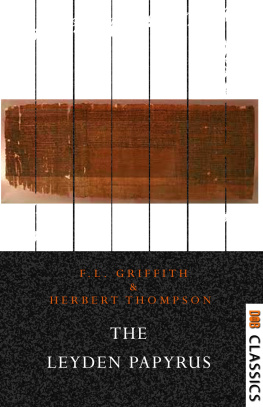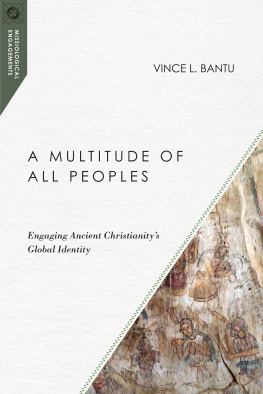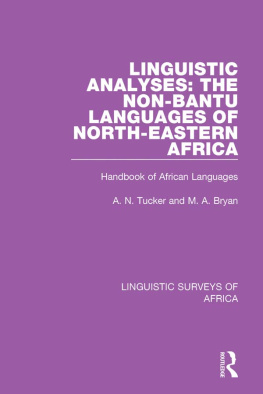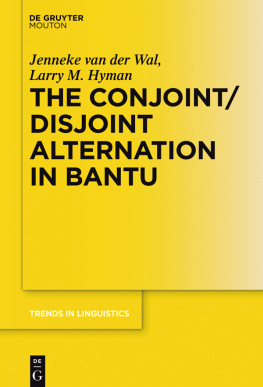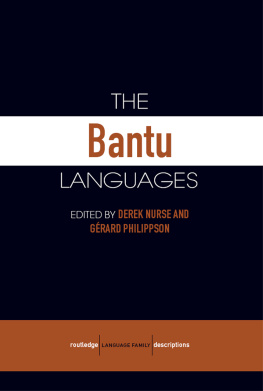First published in 1922 by Frank Cass and Company Limited by arrangement with H.F.G. Witherby Ltd.
This edition first published in 2018 by Routledge
2 Park Square, Milton Park, Abingdon, Oxon, OX14 4RN
and by Routledge
52 Vanderbilt Avenue, New York, NY 10017, USA
Routledge is an imprint of the Taylor & Francis Group, an informa business
1922 Taylor & Francis
All rights reserved. No part of this book may be reprinted or reproduced or utilised in any form or by any electronic, mechanical, or other means, now known or hereafter invented, including photocopying and recording, or in any information storage or retrieval system, without permission in writing from the publishers.
Publishers Note
The publisher has gone to great lengths to ensure the quality of this reprint but points out that some imperfections in the original copies may be apparent.
Disclaimer
The publisher has made every effort to trace copyright holders and welcomes correspondence from those they have been unable to contact.
A Library of Congress record exists under ISBN:
ISBN 13: 978-1-138-39185-7 (hbk)
ISBN 13: 978-1-138-39186-4 (pbk)
ISBN 13: 978-0-429-42249-2 (ebk)
CASS LIBRARY OF AFRICAN STUDIES
GENERAL STUDIES
No. 35
Editorial Adviser: JOHN RALPH WILLIS
Published by
FRANK CASS AND COMPANY LIMITED
67 Great Russell Street, London WC1
by arrangement with H. F. G. Witherby Ltd.
First edition | 1922 |
Second edition | 1938 |
New impression | 1967 |
Printed in Great Britain by
Thomas Nelson (Printers) Ltd., London and Edinburgh
THIS work was first published in 1922 and has for some years been out of print. Repeated enquiries have led to consideration of the publication of a new edition. Prior to such a step, the ideal plan would have been to spend a year among the tribes dealt with herein. Such a scheme is however impracticable and it would have been impossible to renew contact with the elders who were so helpful in my enquiries, for most of them have by now passed away. So the book must stand as written with any faults and omissions it may contain.
Since the days when the information herein was collected a renaissance has taken place in anthropology, the technique of field work has improved and great development in the sociological branch has occurred. This is generally to be welcomed, but it has, it is feared, had one unfortunate result, for the district officer who was interested in the customs and beliefs of his people and who, incidentally, by his enquiries gained their confidence to a remarkable degree, is now apt to feel that the whole business has become too complicated and must therefore be left to the trained specialist.
As time goes on it is feared that there is sometimes a tendency for the two sides to talk a different language and thus to live in worlds apart.
As it is believed that such a divergence obtains what should be done? Can the knowledge of the specialist be made available for the administration? Can junior administrative officers be trained effectively in sociological method? Again can the appointment of a specialist be justified in each African dependency and will such an officer find work to do for an indefinite period?
I am loth to postulate a difficulty which may not exist, but have reason to believe that a danger does occur owing to the inability of a busy administrator to apply, in practice, the specialised knowledge of the trained anthropologist. This has been, however, appreciated by the Royal Anthropological Institute and a Committee has been set up to study the problem in its various aspects. If supported, officially, this effort should do much to bridge a gap between academic enquiry and the practical executive which otherwise may possibly widen and may stultify cooperation which should be invaluable.
After discussion of present day problems with competent authorities serving in East Africa, I have ventured to include a review of some of the more important questions of to-day, without undue dogmatism, in the hope that it may prove of some help to those who are endeavouring to arrive at an adjustment between the old native social structure and the extraneous forces now operating with ever increasing intensity.
The rapidity with which the greater tribes have developed their faculty for self government during the last ten years is an astounding fact. This response to the inspiration received from their district officers and the officials of other departments cannot fail to confirm the conclusion that all along among the African people there was an innate desire to do the right thing for their folk, the difficulty up to recently, being the provision of a means by which such a spirit could be made collective. For years past administrative officers were striving in that direction, but it is only in recent years that it has been possible to obtain joint action of an effective character and even now in some areas comparatively little progress has been possible.
I wish to express my deep gratitude to various former colleagues who have helped so generously with information as to present day conditions. Without any invidious selection, I would mention Sir A. de V. Wade, Colonial Secretary of Kenya Colony, Mr. H. R. Montgomery, who was until recently Chief Native Commissioner, and Dr. A. R. Paterson, Director of Medical Services, whose devotion to the cause of native welfare is widely known. I have relied upon these and others for statements of fact, but any opinions expressed are my own.
C. W. HOBLEY.
Jan. 1938.
IT is often said that the longer one knows the native the less one knows, and the less one understands him. This expression is doubtless comforting to persons who have not the patience to systematically study him and his views on life, but it could with convenience be replaced by a saying to the effect that the more one knows of the native the more one realises how much remains to be learnt.
The spirit of this is in accordance with the true attitude to all other branches of knowledge, for the more one learns, the more the map unfolds, and one gradually realises the vastness of the country to be explored.






